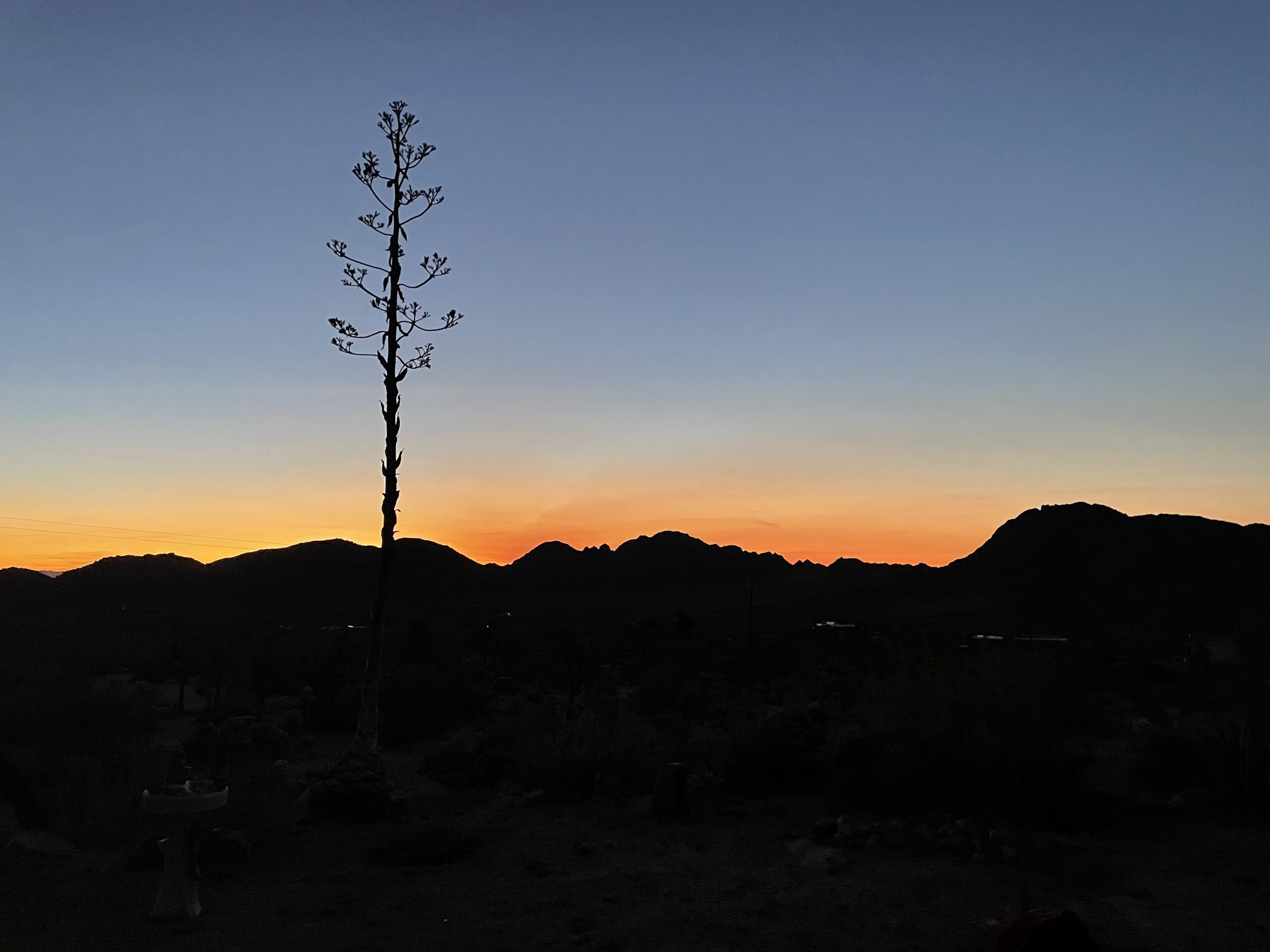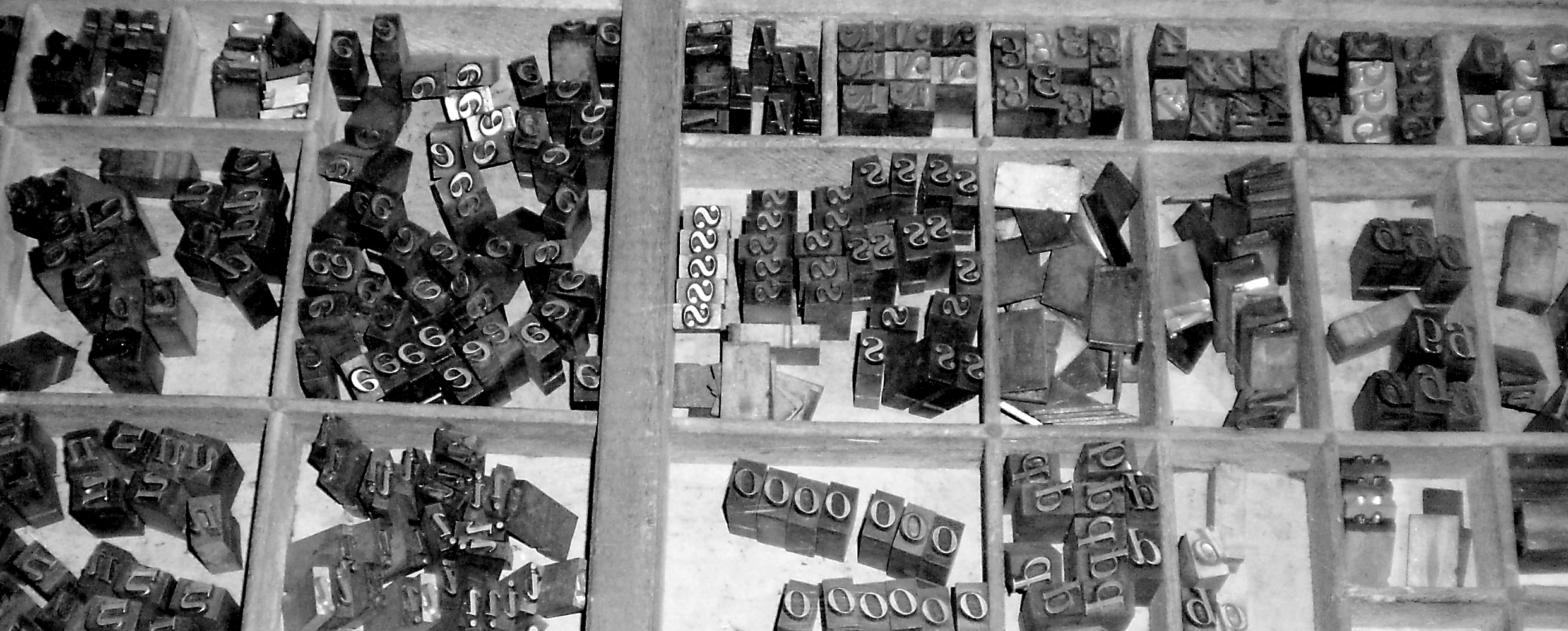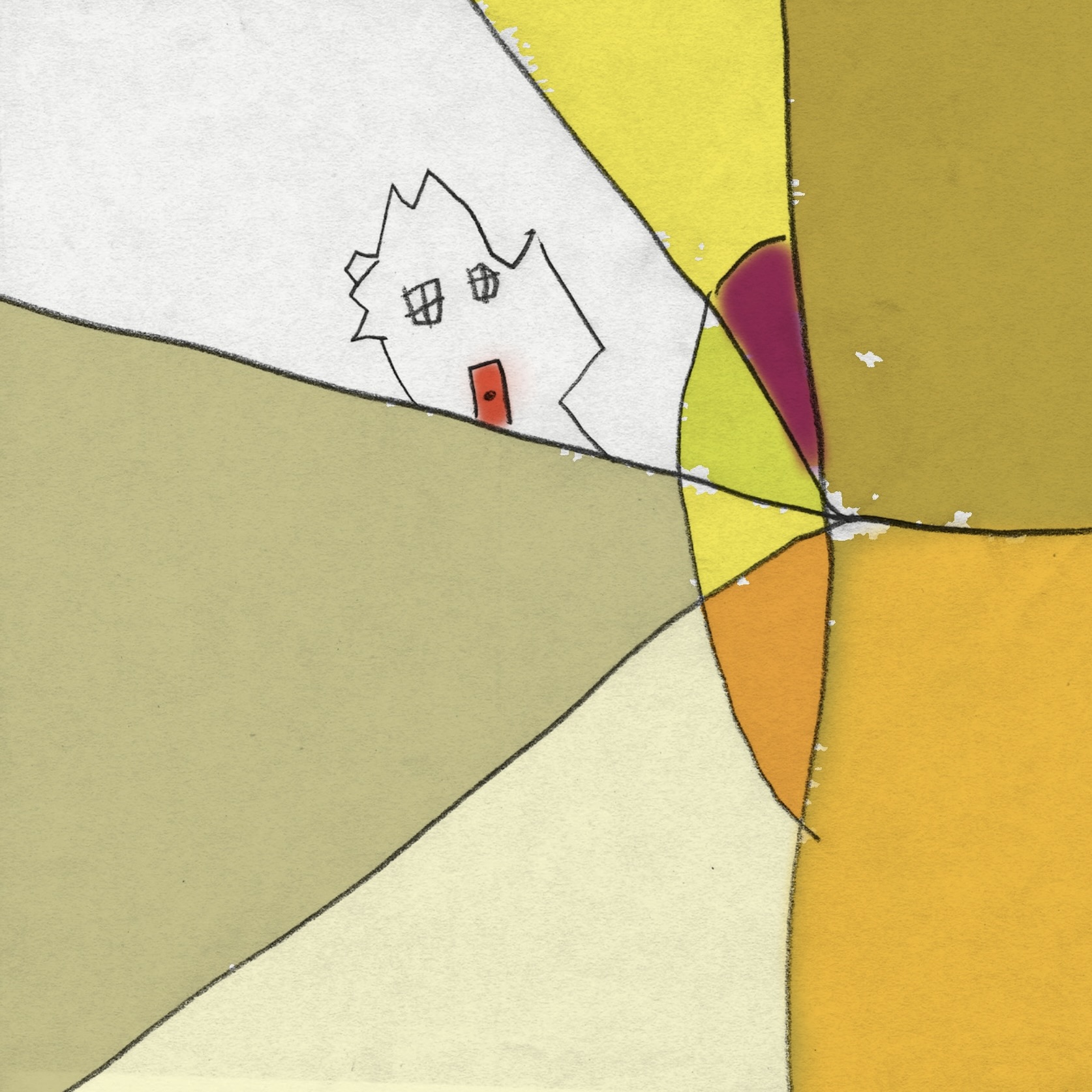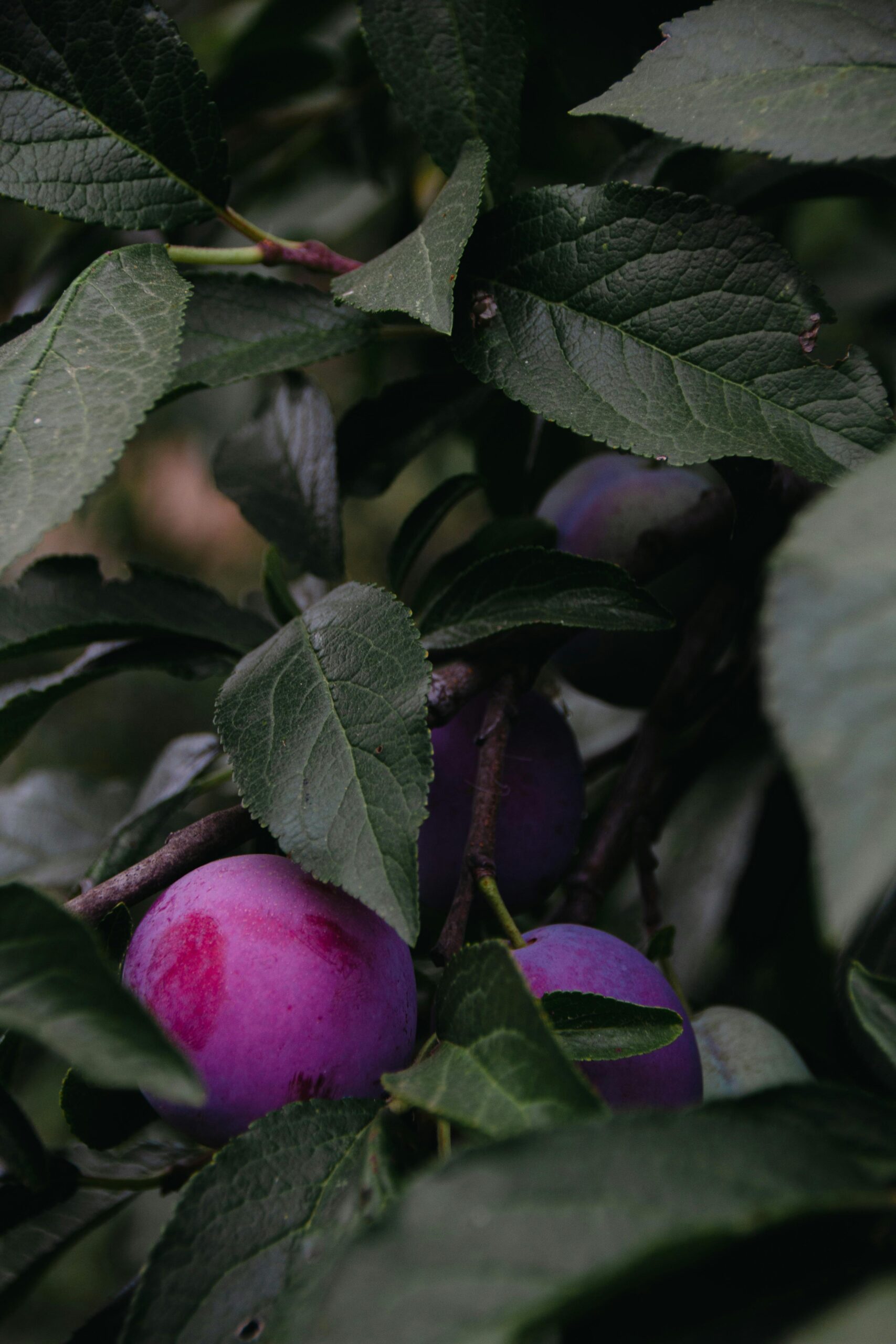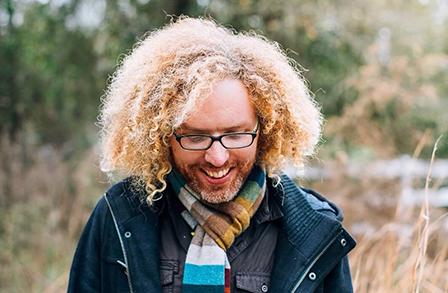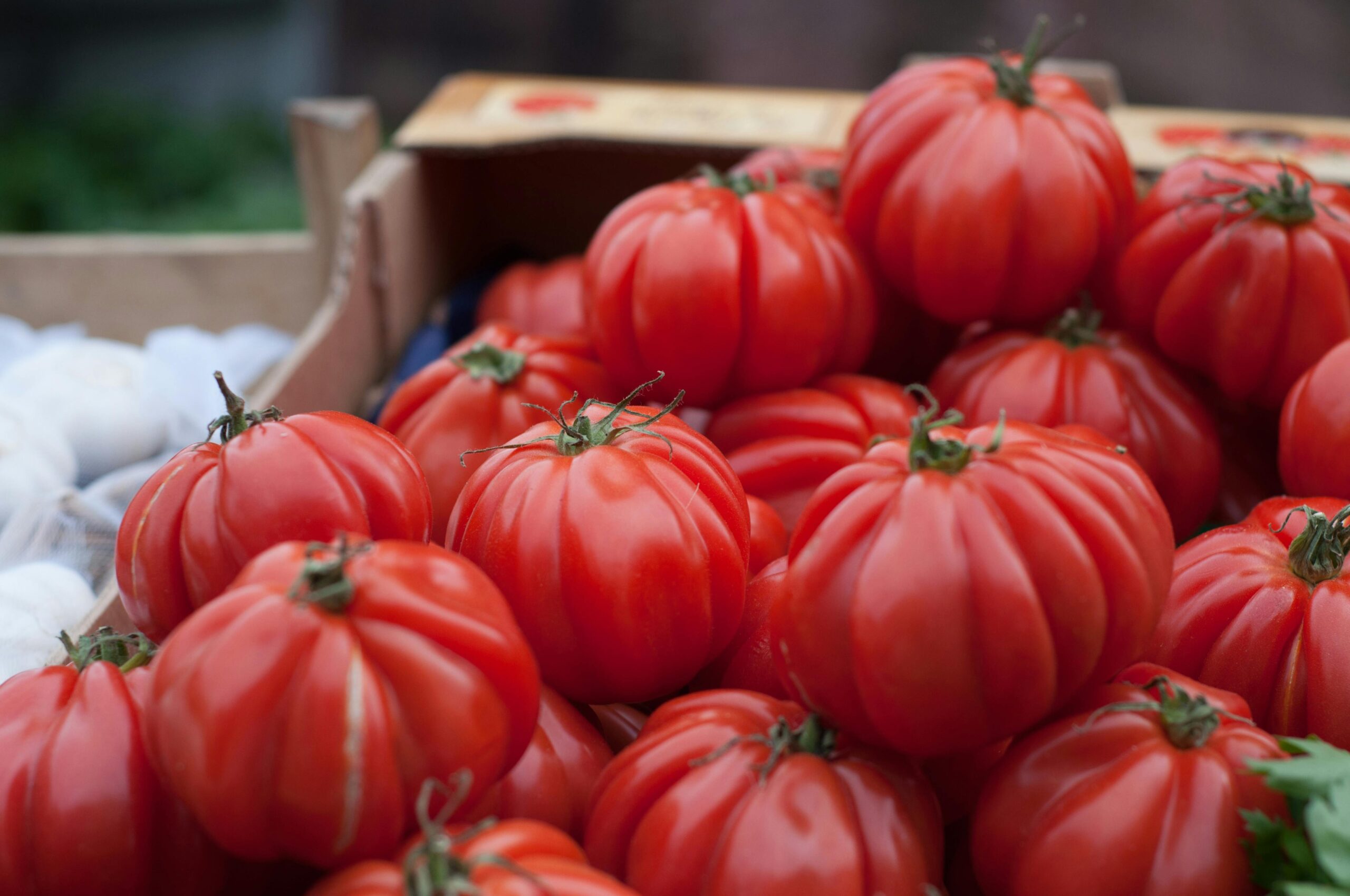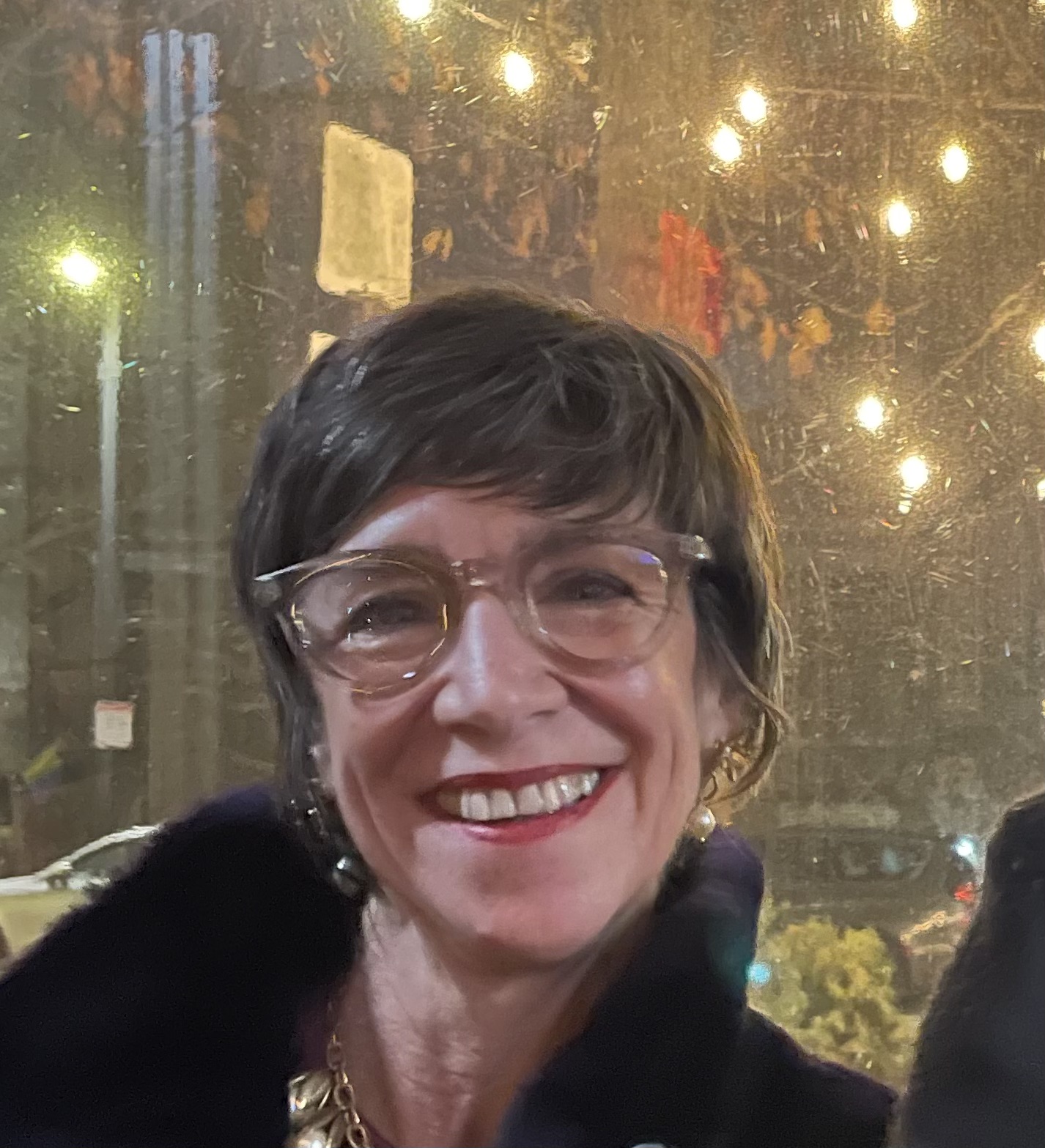Was it all simply adornment,
watching the rain fall from the sun,
or the mourning dove that carried
the wallet-sized photo in its beak?
Looking back, it was true—
I had stopped seeing the beauty in it all,
living from moment to moment,
looking to be granted some small sense
of pleasure, as if by respite or charity.
In Montgomery County
Maryland, 2020
My partner wears the panopticon,
and I carry the rope. Hungry
for the rush, the chase, we locate
the missing black calf
about two-tenths of a mile
from East Silver Spring.
He’s wearing a long-sleeve
jersey T-shirt, navy blue jeans.
Collaboration
We are stretching towards each other,
words tangling. The words can’t always
be torn apart. Sometimes you
are ти. Sometimes we touch.
Diorama 1871 (say her name four times)
Jane loved her and often thought of her skin.
Its misleading surface area always moved her, how it wrapped around
and became infinite.
Silent Spring
I saw a barn owl staring out from a telephone wire
driving down the road with the sky looking
like the edges of the newspaper we crumpled
into balls to light the woodstove
Maria Josep Escrivà: Poems
By MARIA JOSEP ESCRIVÀ
Translated by PETER BUSH
Who
Who has ever felt the shock of a brook
being sucked dry by the warm earth?
Who has ever felt the shock of the last
house falling apart in the mountains, mineral
corpse, stone by stone, bone by bone
of each man banished?
Iqra
Winner of the DISQUIET Prize for Poetry
By IQRA KHAN
Watch the poet read from this piece at our Issue 28 launch party:
I begin as revelation. As explosion of glottal light against silence.
I am again asking for directions to the Haram, my ankles fluent in Arabic.
I am again asking for direction, ya Haram, my ankles flowing with Arabic!
Hagar, watch how God transforms this wilderness to civilization.
Roadside Blackberries
By ZACK STRAIT
There were other vehicles moving through the darkness behind us. But we didn’t notice. We forced our bodies into the brambles. We stood on our tiptoes, reached high above our heads like we were greedy for the stars that night. But we craved something attainable, we thought. We thought our need was for the wild summer blackberries. But we were foraging for another memory to sustain us through the evil days to come. And as we ate, the past ripened in clusters for us there among the thorns. I don’t know what my father thought about then, as we filled our bellies with those dark jewels, but I could almost taste my grandmother’s fruit cobbler. The blackberries, I remember, were perfect that night. They were plump and sweet. The juice didn’t stain our fingers or mouths. We ate and ate. How wonderful, how the earth offers such goodness to us without cost. And how awful.
The Presence of Absence
By BOB HICOK
Caroline resembled moonlight.
She never appeared when it rained,
made the grass and broken windows
more beautiful, and had me wondering
if our love was waxing or waning.
Kakosmos
Human systems exist in the mystery
always at the point of spilling
over green, over and over their present containers
of cities and grids and human perception
for what of entanglements, what of catastrophes
what of black holes, of soot from burnt timber
what of seashells, snails, urchins in the pavement
of ancient Greek settlements
